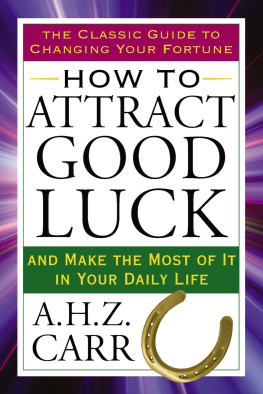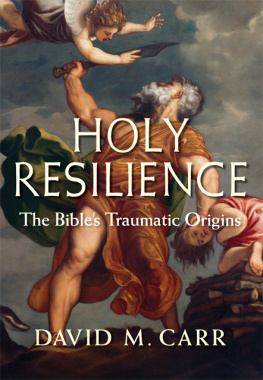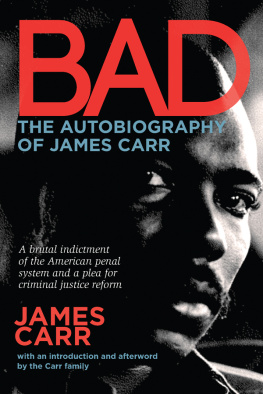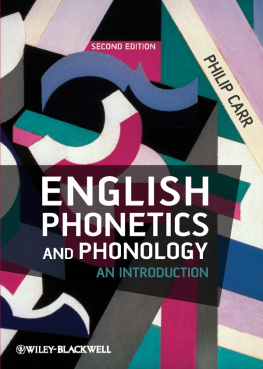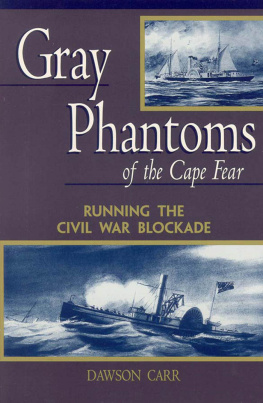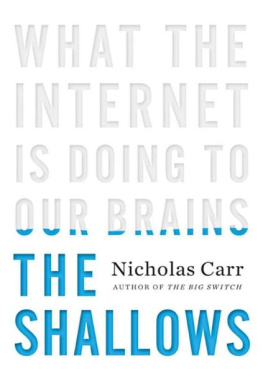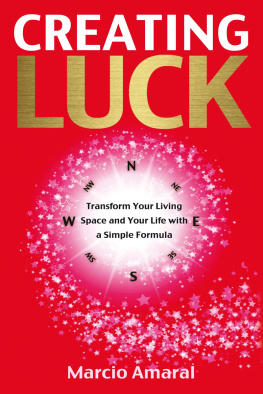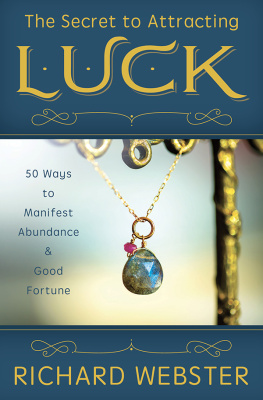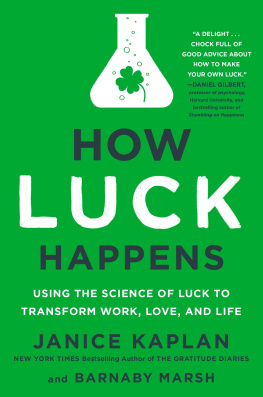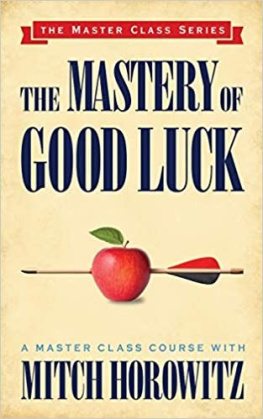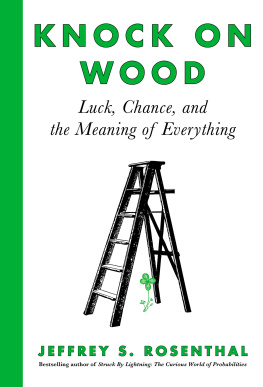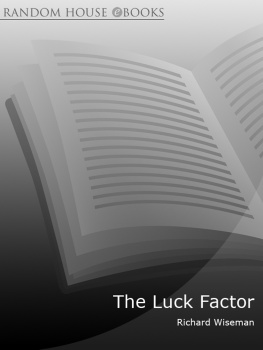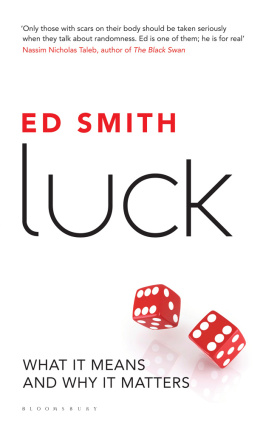Several hundred men and women, in many countries and walks of life, have been kind enough to contribute the true stories of good and bad luck which provided the raw materials for this book. While I cannot name them all here, I should like to take this opportunity to express my warm appreciation of their interest and co-operation. Especially, I am deeply grateful to some who have recently taken time from crowded lives to make material availablenotably, Miss Malvina Thompson, the Right Honorable Winston Churchill, Senator Paul Douglas, and Messrs. Gerard B. Lambert, Nathan Milstein, Edward A. Wilson, and Francis Cammaerts.
In addition, I must speak with gratitude of the help and good counsel given me by my wife, Anne Kingsbury Carr, of the valuable contributions of thought made by Mr. David Horwich, Mr. Eben Given, and Mr. O. R. Johnson, and, above all, of the brilliant and penetrating editorial insights of Mr. Henry Morton Robinson and Mr. Jack Goodman.
A. H. Z. Carr
Truro, Mass.
THE OPENING STATEMENT
Anyone who does not know how to make the most of his luck has no right to complain if it passes him by.
CERVANTES
W ho has not sometimes wished that he were a more consistent favorite of that elusive element in life called luck, fortune, fate, or destiny? Under any name, luckiness, by general agreement, is a condition that men aspire to. With reason; it is luck that enables us to move unscathed among the hazards of the world, that touches our days with the color of adventure, that guides us down the long corridor of opportunity and quietly tells us which door to open. Every angler, whether he be fishing for trout, treasure, or tranquillity, must weigh his catch in lucks mysterious scale.
Yet, while with part of our minds we acknowledge luck to be a great and valuable ally in life, at the same time, absurdly enough, the word is likely to evoke the image of a tinseled deity, crowned with a cheap alloy of superstition and fools gold. The tribute paid to this deity is the poor coin most often found (along with a rabbits foot) in the pocket of the petty gambler and the fortunetellers victim. Repeatedly they make their futile offering, hoping against hope for a killing at the race track, the winning policy number, or top place in the office baseball pool. Feverishly they plunge in the market on the strength of a third-hand tip overheard in a barbershop. They quiver (if female) at the palmists prediction that a tall, dark prince will ride up one of these days in a flamingo convertible. Caught in the toils of superstition, unable to rise above their immature notions of luck, they will never comprehend its deeper operation in human affairs unless luck itself lifts them into the light.
For luck, properly regarded, is not a painted and capricious trollop. Nor is it to be found in the dark-o-the-moon vapor rising from a witchs cauldron. Luck, stemming as it does from the philosophic concept of chance, deserves to be classified among the prime factors in lifea force quite as constant in human affairs as reason or will. It is in this broad senseviewing luck as a mighty, if unpredictable, influence in the lives of all menthat we undertake the present study.
Although luck cannot be measured by calipers or foot-rule, our hearts and minds alike attest its reality. The few who say, There is no such thing as luck, are lost in a metaphysical quibble. Human awareness of luckcall it intuition if you willextends from the bewilderment of primitive man to the highest speculative flights of theology and philosophy. In his vast summary of the divine plan, Thomas Aquinas allots a specific role to chance, the prime begetter of luck. In chance he saw Gods instrument for testing the spirit of men. And modern science finds in the movement of stars and electrons dramatic proof that the random element of chance does indeed range the universe.
But proofs more immediate and persuasive pour in from a thousand human sources. Folklore, the colloquial wisdom of proverbs, and the common experience of mankind all testify to the existence of luck as a universal, not wholly understood, but never-to-be-discounted influence in our lives. We see these indications all around us. The father sending his son off to the wars with a grim Good luck, son; the Eskimo wife sewing a talisman in the coat of her seal-hunting husband; the actuary cushioning his hard tables with a plump pillow of contingency (the statistical name for luck); the wistful plea Wish me luck uttered by a friend setting forth on a risky journey; the roulette player grimly riding out a sequence of losses while he waits for the unpredictable turn of fortunes tideall these give evidence of mans instinctive belief in the magic hand of chance, which can by turns caress, stifle, or chastise. Significantly, it is from the old word hap, meaning luck, that happiness is derived.
Men have always striven to find ways of improving their luck, and their efforts have generally centered around omens, portents, and black magic. The Roman augur, interpreting the flight of birds, has been succeeded in modern times by numerologists and clairvoyants attempting to peep into the future. Such puerile practices have degraded the whole subject of luck. At the very mention of the word, many intelligent people lift a skeptical eyebrow and pass on to a more sensible topic of conversation.
This skepticism is understandable. After all, what reasonable person would wish to link his fate with the haphazard pattern of tea leaves at the bottom of a gypsys cup? Within the past generation, however, our view of luck has been lifted from the black-cat level to an infinitely higher and broader plane. Psychology has opened the gate to a new and rational approach to luckan approach so strongly flanked by scientific concepts that serious men and women may now undertake the study of the luck-process without sacrifice of intellectual dignity or self-respect.
Armed with modern insights, those who seek will discover the true nature of luckiness. They will find that it is not a mere matter of poker winnings and the like but rather a

